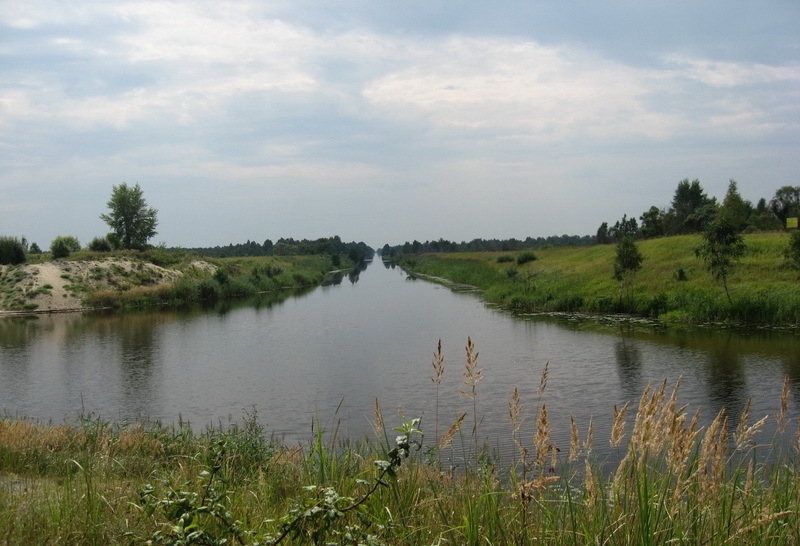Given the Entente's dovish cooing as of the update (even if it isn't loud enough yet to overwhelm the cha-ching of the cash register), I do think we're on a clock of about three turns (a year and a half, including this turn) at most, and should be looking to seize the territory we want to leverage into our political objectives at a mid-1900 peace conference. Our paramount political objectives are dissolving the Habsburg monarchy and liberating Poland, with objectives like revolutionizing Romania and liberating Lithuania being secondary. If we want to dissolve, and for the peace to confirm the dissolution of, the Habsburg monarchy, we must occupy all or substantially all of its territory, and certainly each of its constituent kingdoms' capitals (read: political and administrative centers), by the end of 1899. Likewise, if we want to liberate the entirety of Poland within the borders the post-Vienna and post-Five Weeks War settlements gave it (basically, the Congress Kingdom, plus Galicia, plus Prussia through Memel), plus Bialystok since the Russians already offered it.
Militarily, how do we do that? I don't think we can while maintaining two active fronts, seeing as we are still outnumbered in Russia and given that Russia is quickly learning the necessary lessons to make use of what advantages it has on the defensive. Which means closing out one front as quickly as possible while giving ground on the other, then once the first front is closed retaking our losses on the second front and then some with the full weight of our armies. The only power that can be knocked out of the war quickly is Austria, and only if we use the utmost of our efforts there, now.


